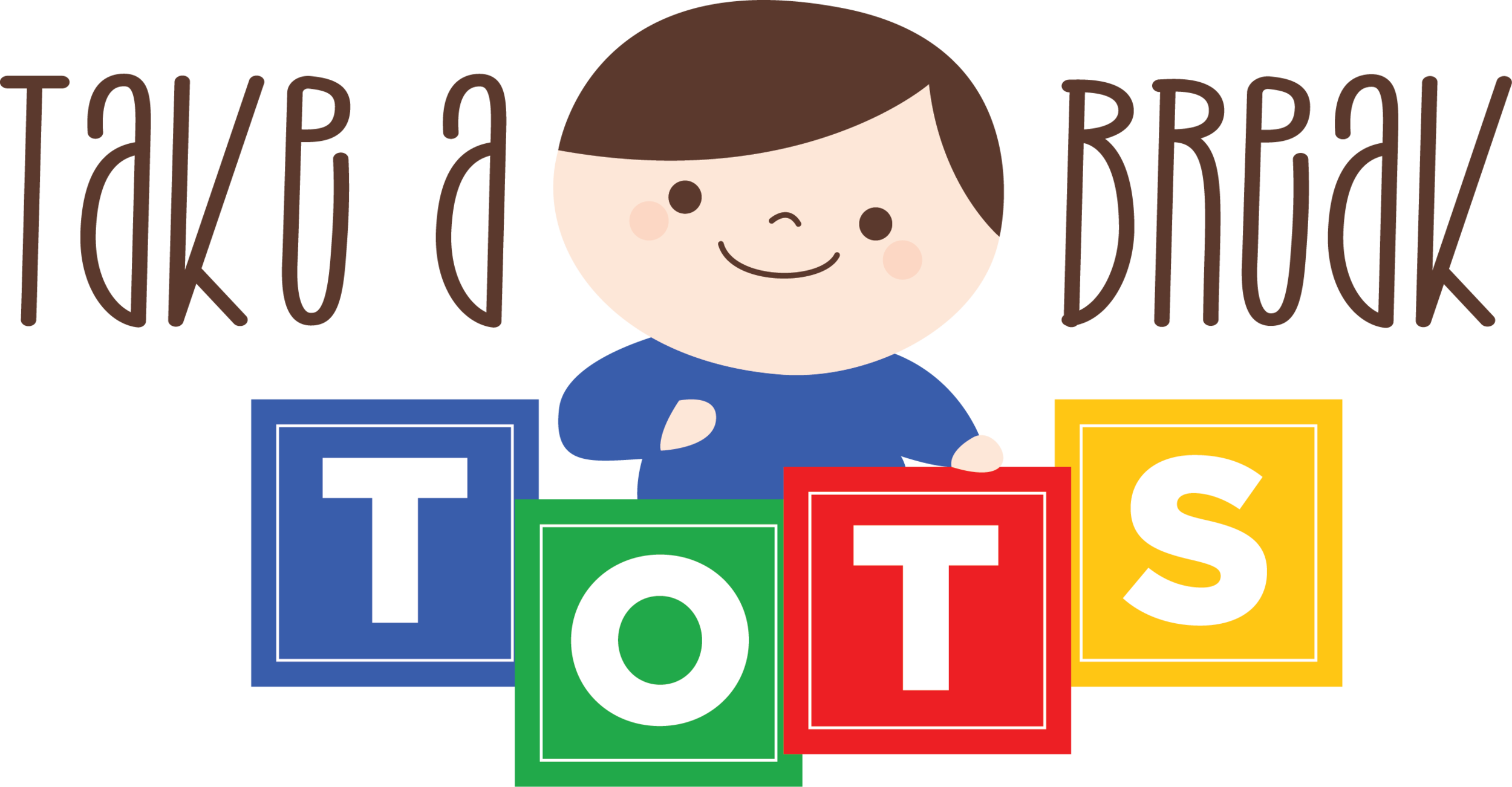I Believe All Kids are Good
I don’t believe in calling kids or their behavior “bad.” Yes, kids misbehave. They do things that hurt, that are dangerous, that are careless. They are just living their lives the best way they know how. I firmly believe if they knew better, they would do better. Kids are learning life lessons every day. It’s their job. It’s what we want them to do.
Our life experiences - over decades! - have taught us right from wrong, good from bad, acceptable from unacceptable. (Honestly, we’re still learning, right? At least I am 🙋🏻♀️.) Children aren’t born knowing that hitting hurts or that it is unsafe to stand on a chair. Our job, as caregivers, is to be understanding, to teach, and to love unconditionally. We have to teach them and guide them with compassion and consistency.
When we put a label* on kids - “shy,” “smart,” “bad,” “perfect,” etc - we start to define their characters and that can place a lot of undue pressure. Kids think in absolutes and they don’t differentiate their behavior from their identities. So, when we label, even if we just mean that right now they are acting “bad,” kids take it personally. Calling a behavior bad leads to feelings of being bad, which creates a negative self-image/low self-esteem, and then leads to more problem behaviors. It’s a vicious cycle.
“When we label a behavior ‘not nice,’ ‘mean,’ or ‘bad,’ children take these judgments personally. It’s not only the behavior that’s bad – they are bad. When the people they trust and need most in the world tell them they are ‘not nice,’ they believe it, and this rejection is profound. ”
I have met and worked with countless kids who consider themselves “bad.” I work diligently with the parents and teachers to shift the narrative and establish a positive self-image. It takes time and effort, mostly from the caregivers to change their perspectives and responses to these kids. It is never too late to help them make that shift and I am here to help you. Do you know a “bad” kid?
* I don’t mean diagnoses. Those are important and hopefully given after extensive, thorough, and careful evaluations by a well-trained psychologist or diagnostician.

